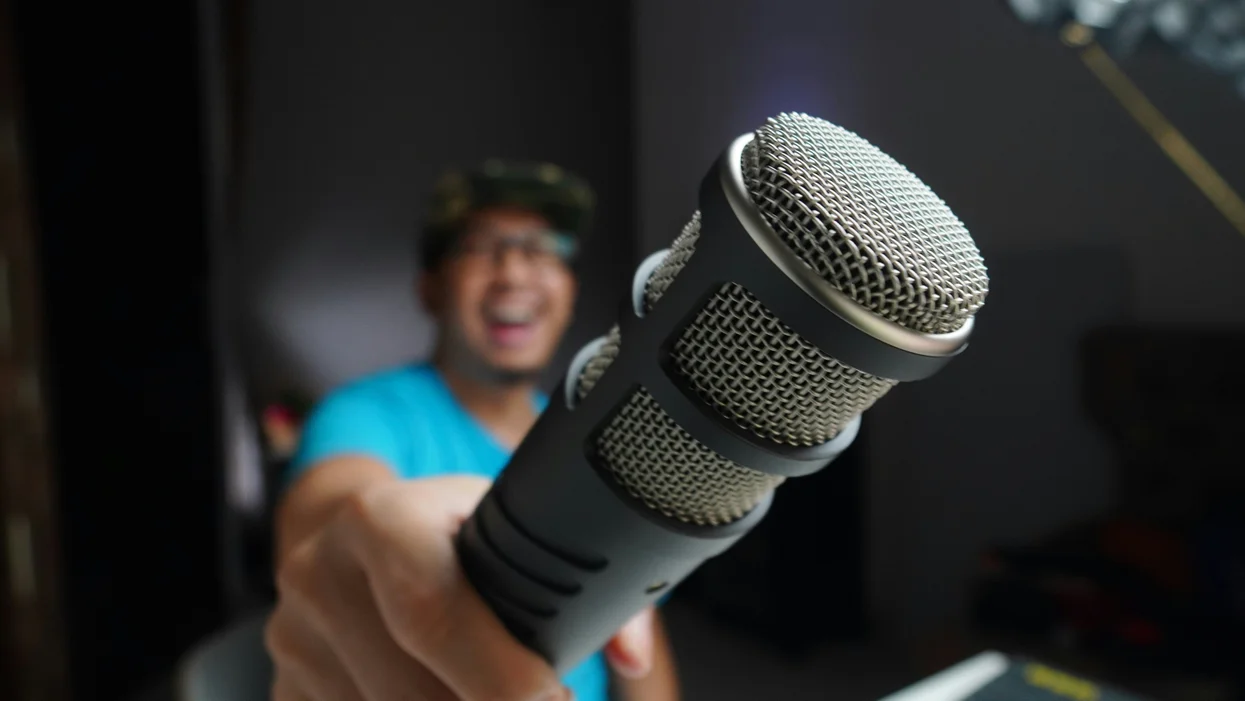“Issues are so complex. And sometimes, I feel like the News, this is my own personal opinion, I think the news dumbs it down to either this is great or this is bad. Sometimes it’s ok to have an article that’s just a pure conversation about a topic,” said Angeles Ponpa, a recent graduate student at Northwestern Medill in the Politics, Policy, and Foreign Affairs specialization, and Managing Editor of LNN Midwest.
Ponpa made her comments in The Fulcrum Roundtable, a monthly program where reporters and columnists share insights and discussions on their writings and on some of the most talked-about topics in the national conversation. Also joining the conversation were Layla Halilbasic, an incoming junior at Webster University in St. Louis and a cohort member with the Fulcrum Fellowship, and Nathaly Suquinagua, also a Fulcrum fellow, a bilingual multimedia journalist with a B.A. in Journalism and a minor in Dance from Temple University.
“I think humanizing people,” said Layla. “We are not just telling stories about policy, It’s about people. It’s about us.”
Nathaly closed that part of the discussion by saying, “Having more accessibility. Having translations done.” She mentioned that making news coverage in different languages is key for newcomers.
The three journalists also shared insights about an assignment with the Fulcrum: What does democracy mean to you and based on that answer, give your perspective on its current health.
Angeles authored Faith, Democracy, and the Catholic Duty To Stay Involved. She wrote about why, in a moment of polarization and despair, opting out may feel easier. However, democracy depends on those willing to participate. “The Catholic Church does give us a really great guide on how we should be civically engaged, but also how we should vote, what should matter the most to us when we’re going to the ballot. At the end of the day there is a home for us (Catholics) in politics, and if not then it is time to become that home,” Angeles said.
In the column, Disillusionment Isn’t the End, but the Beginning of Change, Layla asked herself, “Why am I not excited about the idea of American democracy?” She shared how she feels indebted to American democracy because her parents immigrated from Bosnia, one of the six republics that made up the former Socialist Federal Republic of Yugoslavia (SFRY). The SFRY dissolved in the early 1990s, leading to the independence of several new countries, including Bosnia and Herzegovina.
Despite saying, “I wouldn’t be here without it (American democracy),” she does find that connection challenged by what she sees happening in the US today regarding the mistreatment of marginalized groups, including immigrants and refugees.
Nathaly wrote that “democracy means equality, representation, and the chance to build a better world together,” in her column: The Responsibility of the First Vote. “My parents are immigrants. I am a first-generation American,” she said. “For me, deciding on what to vote on, and democracy for me, doesn’t just mean what I believe in, but also what my family would benefit (from) because they can’t vote.”
Cover Photo: man in blue and black crew neck t-shirt holding microphone, Medy Siregar on Unsplash
The Fulcrum is committed to nurturing the next generation of journalists. As part of our NextGen initiative, the news outlet launched the first-ever Fulcrum Fellowship in June. The 10-week immersive program trains students from across the country in solutions journalism and complicating the narrative techniques to produce stories that counter the one-dimensional narratives too common in mainstream media.
I am the Executive Editor of the Fulcrum, and an accredited solutions journalism, complicating the narratives trainer.
